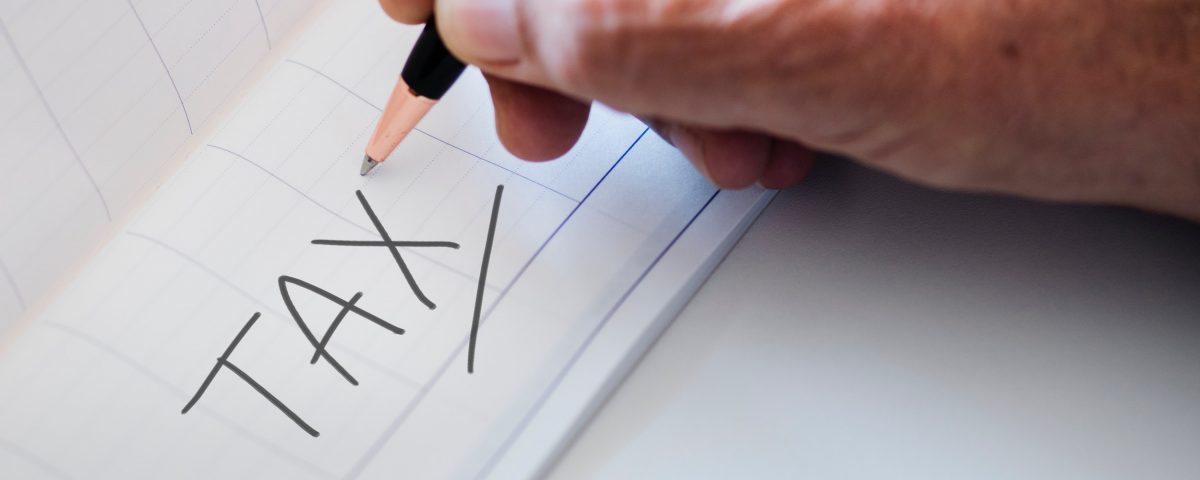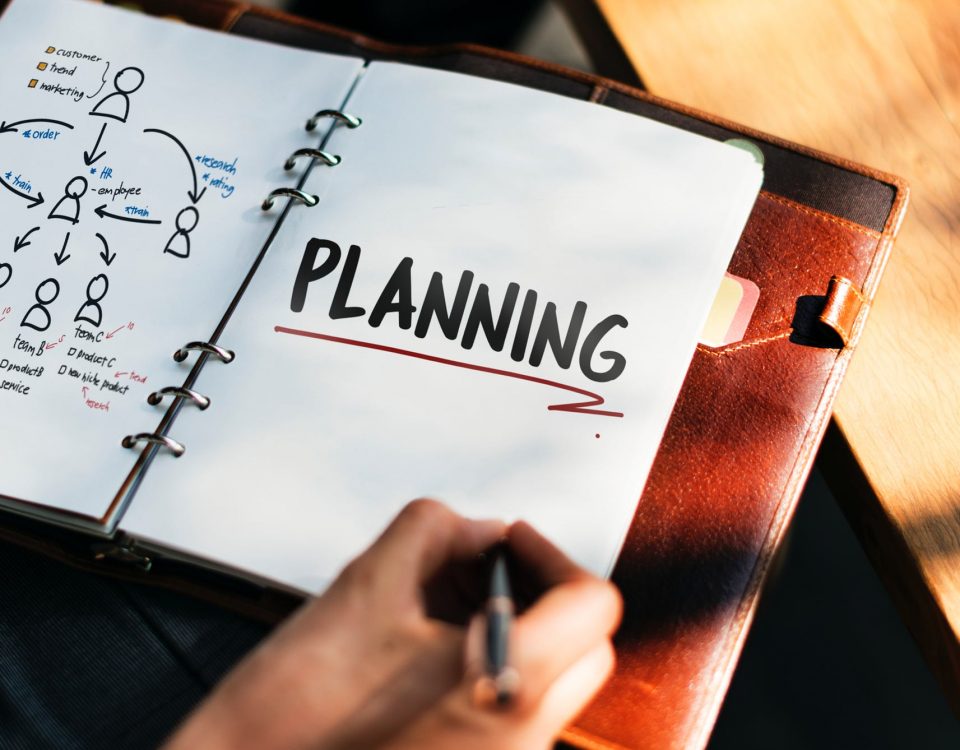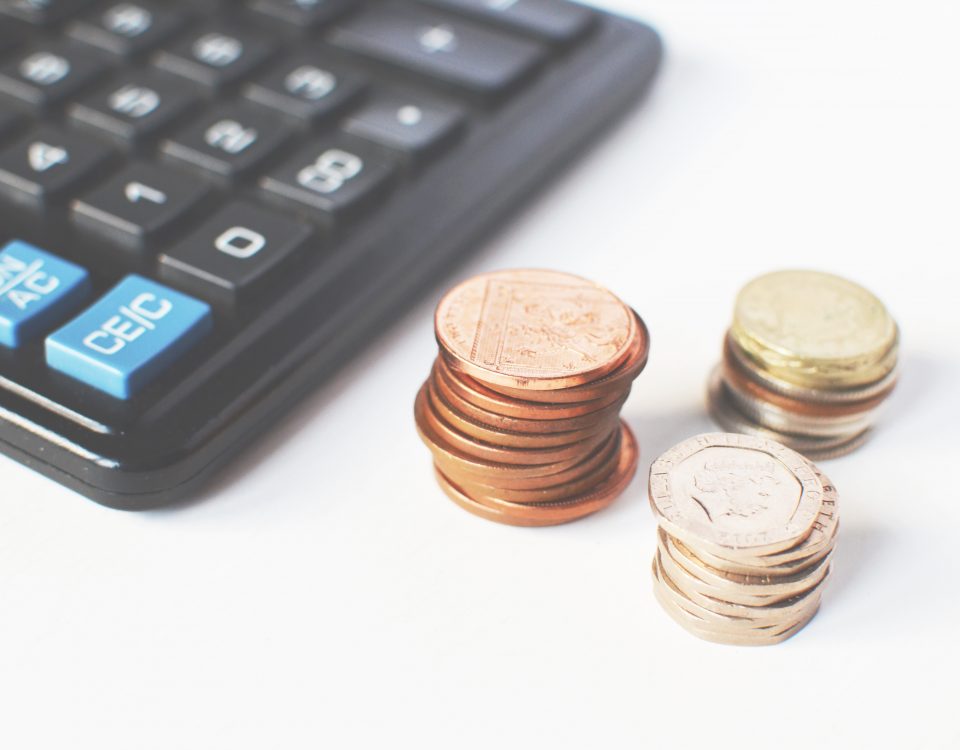
How can cashflow planning help you this tax year?
26th February 2025We all want to be as tax-efficient as possible and make the most of the allowances available to us. The 5th April marks the end of tax year allowances for that year and in most cases, if they have not been used by this time, they are simply lost and you start again with the new tax year on 6th April. We’ve run through the allowances available to you below, so that you can check that you are making the most of those applicable before 5th April.
You may want to check that you have maximised your ISA allowance or you might want to consider if you could invest more into your pension before the tax year ends.
If you feel you need to take action before tax year end or you are unsure if you should, please get in touch with one of the team who will be happy to discuss your personal situation with you.
What are the allowances?
ISA
An individual gets an ISA allowance of £20,000 which can be used across a cash ISA, stocks and shares ISA or a mixture of both. You must not have more than one of the same type but you can have mixed types such as cash and stocks and shares. Anything you put into an ISA does not incur any income or Capital gains Tax. If you have a lifetime ISA the annual limit into this account is only £4000, but you can still use the rest of your allowance on other ISAs. Any ISA allowance not used each year is lost, it cannot be carried forward.
Personal tax-free allowance
Your personal tax-free allowance is £12.570. This is the base rate of income you can earn before incurring any tax.
If your income is over £100,000 then the personal tax-free allowance is reduced by £1 for every £2 over £100,000.
If you earn less than £12,570, you can choose to transfer £1260 of your personal allowance to a spouse or civil partner each year, as long as the spouse or partner does not pay the higher rate of tax. This can reduce their tax by up to £252 every tax year. It is free to apply for the Marriage allowance and you can backdate any application for the last four tax years. Once you have applied they will renew it, so you need to tell HMRC when you stop becoming eligible for the transfer. Find out more here https://www.gov.uk/marriage-allowance
Personal savings allowance
If you are a basic rate tax payer, you get a savings allowance of £1000. This means you can earn interest up to £1000 without having to pay any tax on the interest.
If you are in the higher rate tax bracket, earning between £50,271 and £125,140, then you can earn £500 of interest on your savings before having to pay any tax on that interest.
Tax-free dividend allowance
Each individual tax payer receives an allowance of £500 for any dividends they receive. This means that for the first £500 of dividends you receive each tax year, you don’t pay any tax. You can also combine this with your tax-free allowance. So if you only have £1000 of income each month then you would have £570 left to use on any dividends plus your dividend allowance of £500.
Once this allowance has been used, you pay 8.75% of tax if you are a basic tax payer and 33.75% if you are a higher rate tax payer. Additional rate tax payers would pay 39.35%.
Pension allowance
The majority of people are allowed to put up to £60,000 into a pension each year or the total value of their earnings, whichever is lower.
In most cases, you can carry forward any unused allowance from the previous three tax years. This is only allowed if the contributions you make personally do not exceed the amount you have earnt for the current tax year.
The only exception to this allowance is for those earning an adjusted income of £260,000, whilst also having a threshold income over £200,000. Adjusted income includes both personal and employer pension contributions. Threshold income excludes pension contributions. In this case you lose £1 for every £2 over the allowance, up to a maximum of £50,000. If you think this may apply, speak to us.
It is important to remember that if you have any questions or change in circumstances it is best to review your financial plan with your adviser as early as possible, so that they can help you complete any actions before 5th April. Contact us here.




